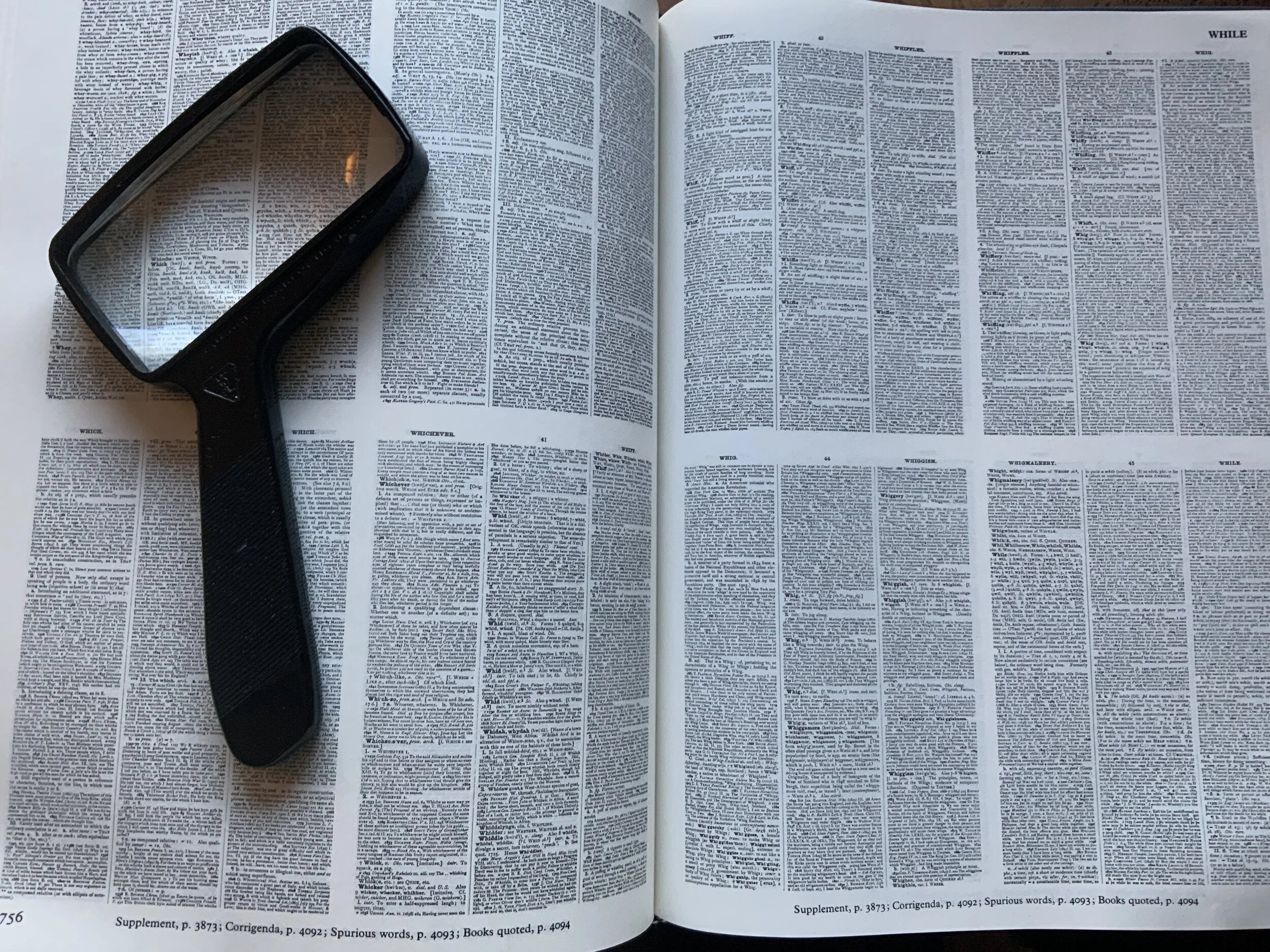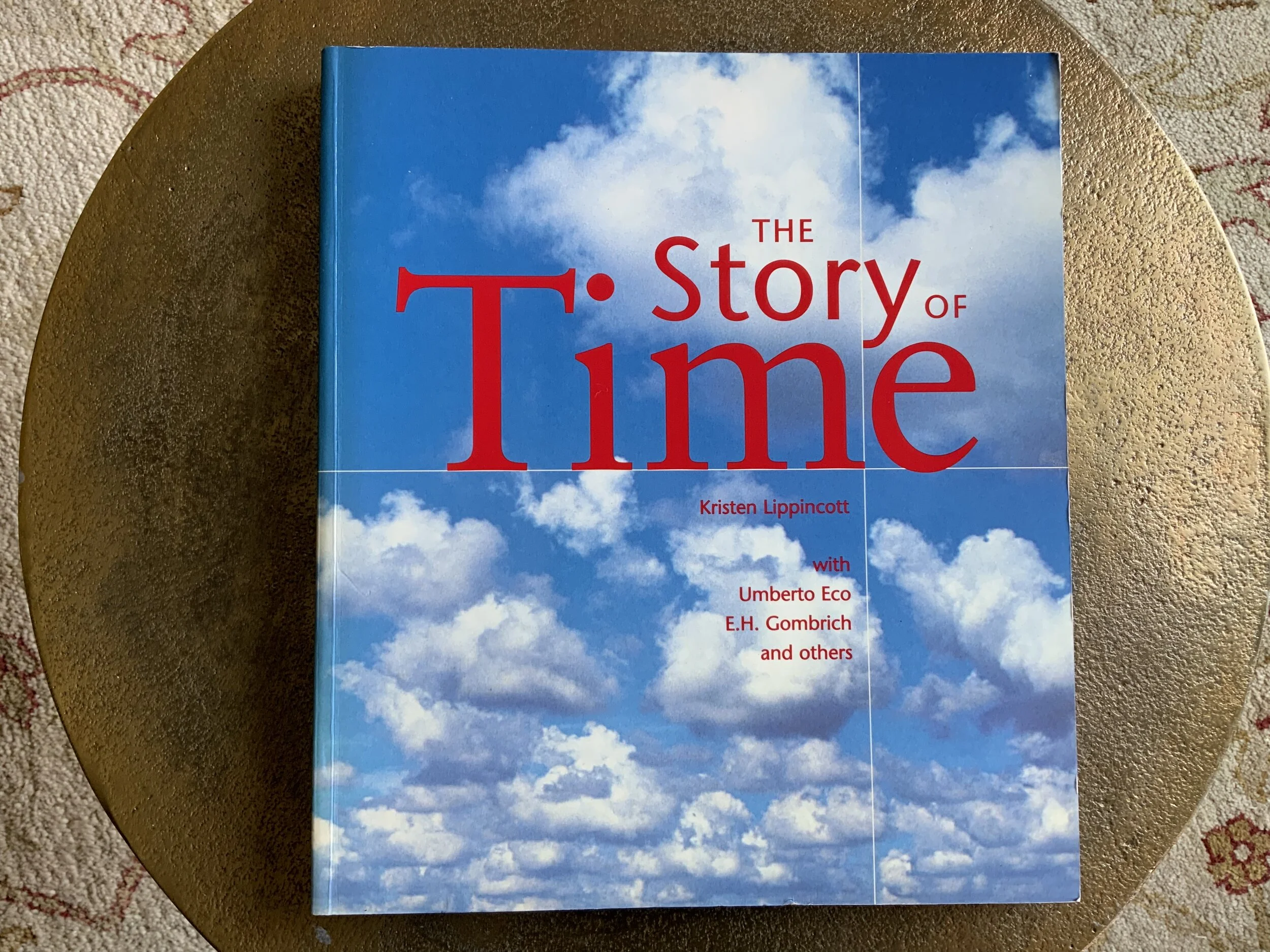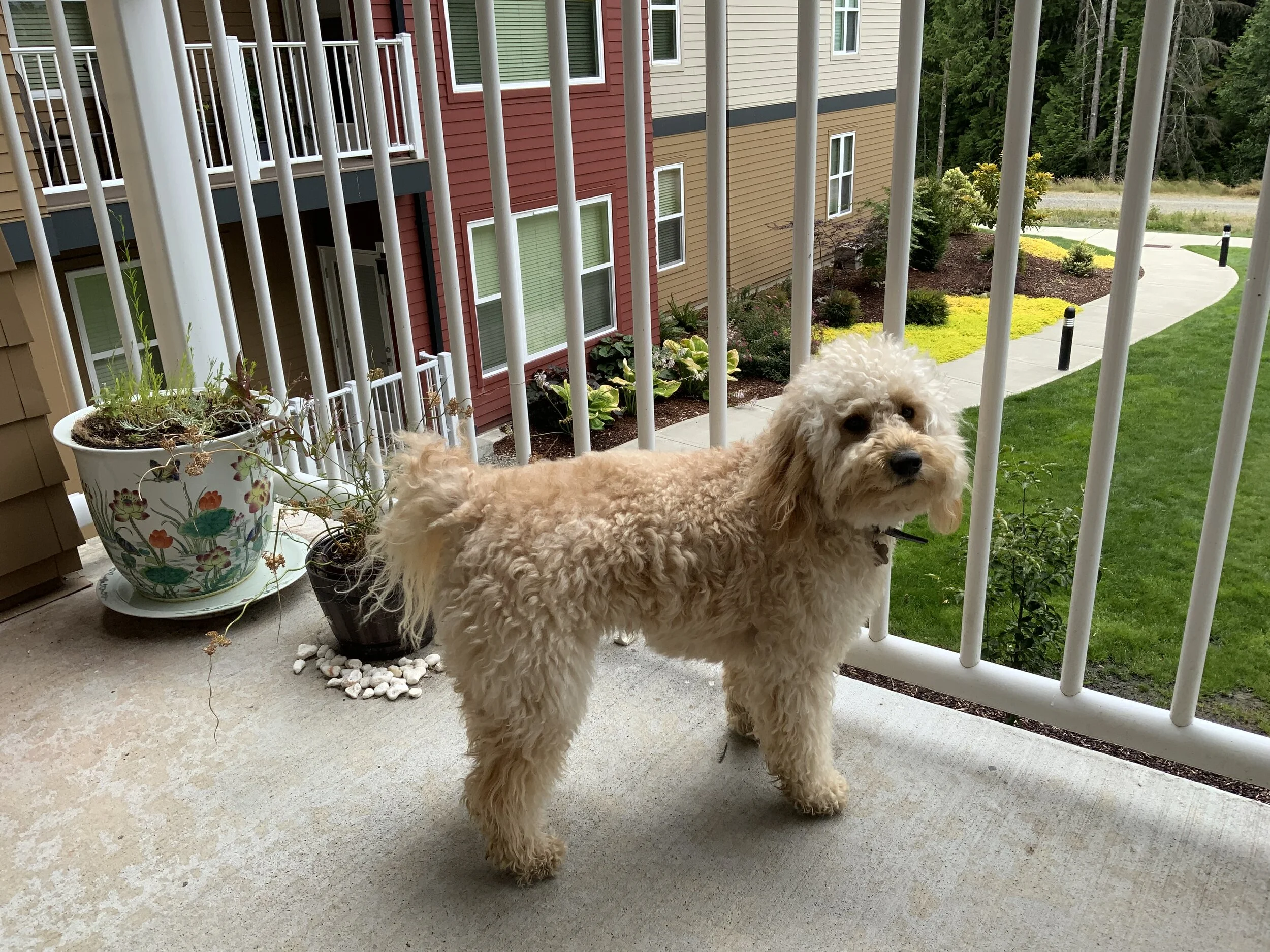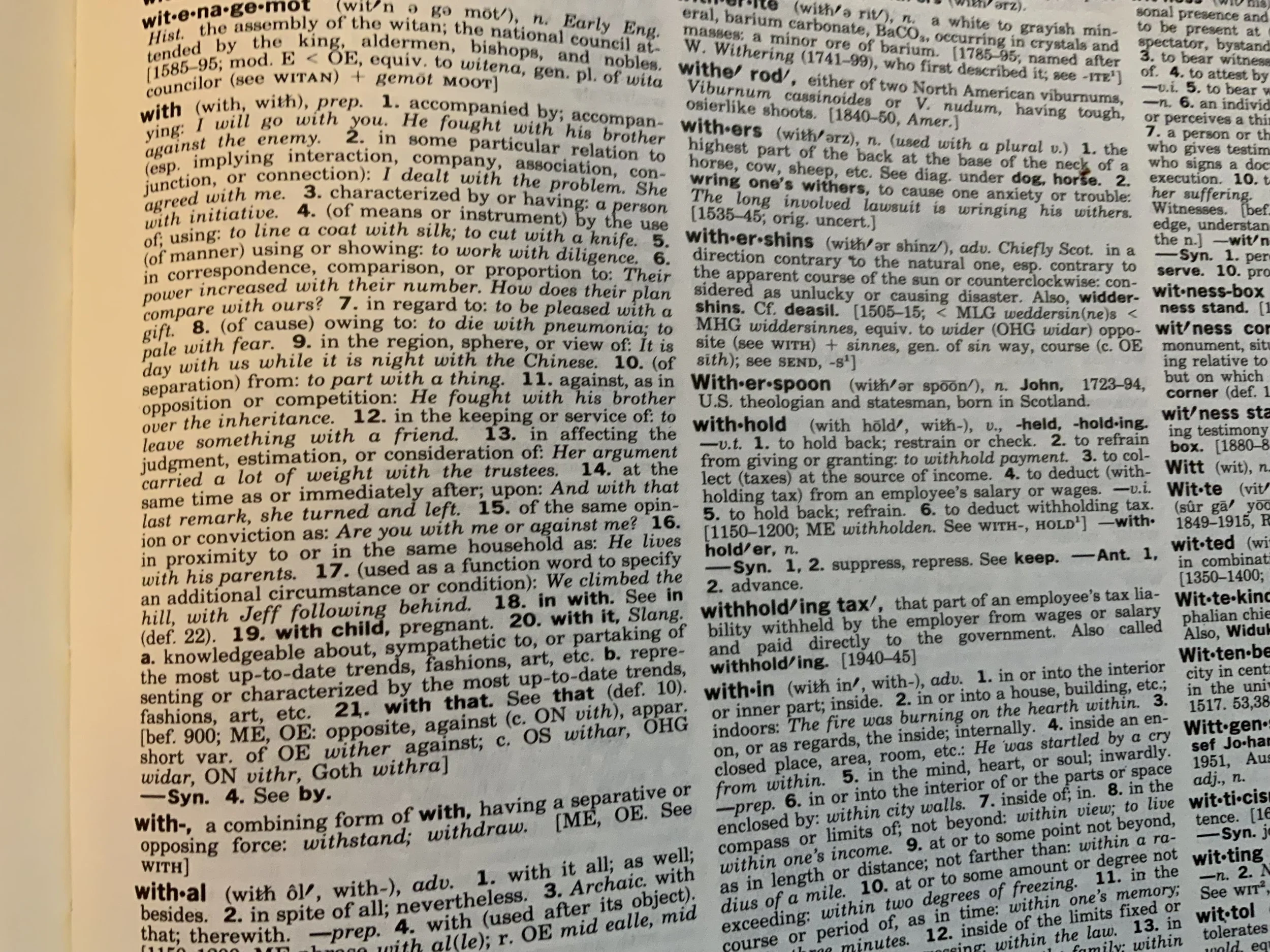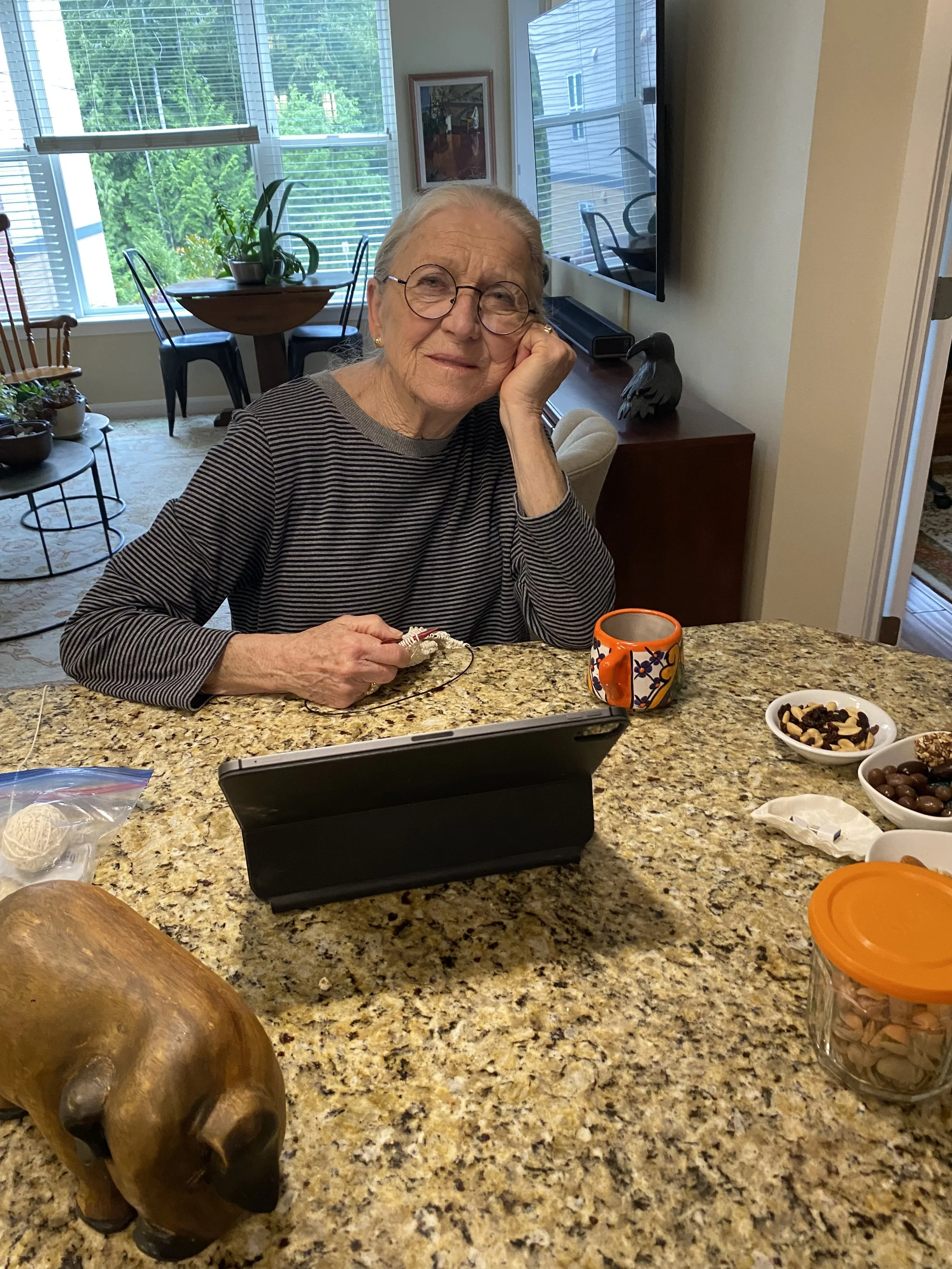#20 A WOMAN'S BRIEFS -- "WHILE"
#20 A WOMAN’S BRIEFS “WHILE”
I’ll make it as painless as possible.
One English word: “While” (hweil, hwile, or huil)
Noun, preposition, conjunction, verb transitive, and according to OED (Vol.2, page 3757f), when along with an adjective, “while can express quantity as good, great, little.”
Wait! There’s more! “Awhile” In this case, an adverb, differing from “a while.”
The word “While”
Something to think about while you have breakfast, or take a break, or hit the brake while the car ahead of you thinks the light is still red, and whiles time away reading text messages. In a short while, that light will be red again. It’s worth your while to pay attention. Meanwhile, while you furiously avoid hitting the afore -mentioned vehicle while being forced to wait for the next green light, while away your time remembering the taste of those three coconut cupcakes you purchased and consumed a while ago from SUGAR, the Charleston, South Carolina bakery just a while down the road from Callie’s Hot Little Biscuit. Might as well enjoy being stuck awhile. That’s a while bit better than anger.
Noun, preposition, conjunction, verb, adverb, and adjectival. “While” is word we all use, all the time, easily, and thoughtlessly, grounded as we English speakers are in its use. Three primary things are needed for language: a human brain, a human’s vocal cords, and human intelligence. Well, that and a vocabulary. Otherwise, Language is—as is Thought, Consciousness, Mind—pretty much a mystery.
We do know that in order to speak, we humans use brain, lungs, nose, trachea, vocal cords, soft palate, teeth, lips, larynx; maybe even ears. I’m not sure about ears. Who knew that when we humans are breathing, the soft palate is lowered, allowing air to pass through the nose. When we speak, for example, when we say, while, or nearly any word, the soft palate is raised, letting air pass through the mouth where sound is formed. You can, of course, for the fun of it, push the air through your nose for a nasal voice. In fact, our English m, n, and ng sounds are made with the nose. Are vocal cords used when we whisper? I’m not sure.
We English speakers are easily in awe of the clicks heard in some western African languages, but hey—what’s the tut, tut, tut we form when we are warning a two-year-old not to put the jellybean in her nose? Do it now (probably you already have), make the tut, tut, tut sound and think about where your tongue is, how much deliberateness is involved, how much pressure, to produce the sound. Then, how very deliberately the hearer responds. We know that sound is part of language. It is in our vocabulary for goodness sake!
Go ahead. While you’re reading, try putting the word “while” in your nose. Try saying it with your lips shaped in a smile, or with your mouth closed. Play with it. Repeat it rapidly and wonder at the amount of air you have unconsciously expelled, the pressure required to push the word into the world, and, really, how silly the sound of it is.
Language is a marvel, is it not?
